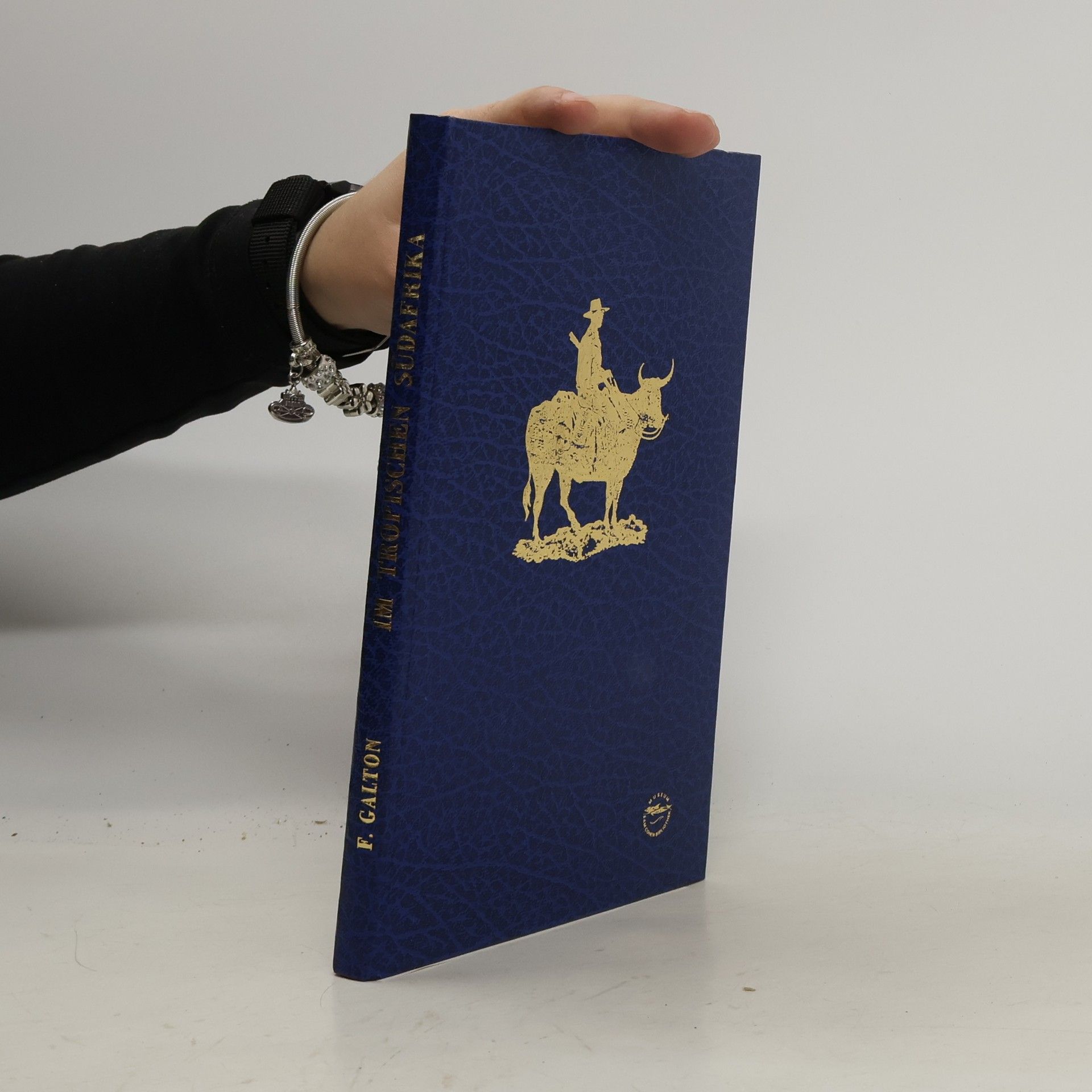Exploring the concept of travel, this book delves into the various methods and strategies for navigating wild and remote areas. It offers practical advice and insights into the challenges faced by travelers in unfamiliar terrains. The narrative combines personal anecdotes with broader reflections on the nature of exploration and adventure, emphasizing the ingenuity required to adapt to diverse environments. Readers will find a blend of travel philosophy and practical tips that illuminate the art of discovering new places.
Francis Galton Books
Sir Francis Galton was a pioneering Victorian polymath whose work spanned anthropology, statistics, and meteorology. He revolutionized the study of human differences and intelligence by applying statistical methods, introducing foundational concepts like correlation and regression toward the mean. Galton also coined the terms 'eugenics' and 'nature versus nurture,' profoundly influencing discussions on heredity and human potential. His innovative research extended to psychometrics, the science of mental measurement, and even forensic science with his fingerprint classification system.




Focusing on the influential figures in science, the work explores their backgrounds, including antecedents, environment, education, and hereditary traits. It provides valuable insights into the Victorian mindset, making it a significant resource for both historians and scientists seeking to understand the interplay between personal history and scientific achievement.
The book delves into the life and contributions of Sir Francis Galton, a prominent figure of the Victorian era known for his diverse expertise in fields such as statistics, psychology, and anthropology. It highlights his groundbreaking work in developing statistical concepts like correlation and regression, as well as his innovative use of surveys for data collection. Galton's influence extended to eugenics, a term he coined, and the ongoing debate of "nature versus nurture," making him a pivotal figure in the study of human differences and intelligence.